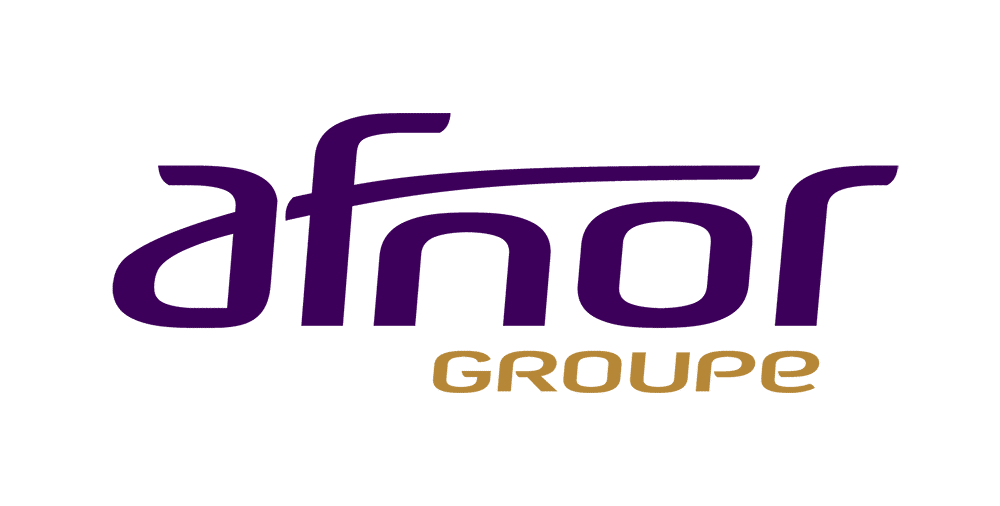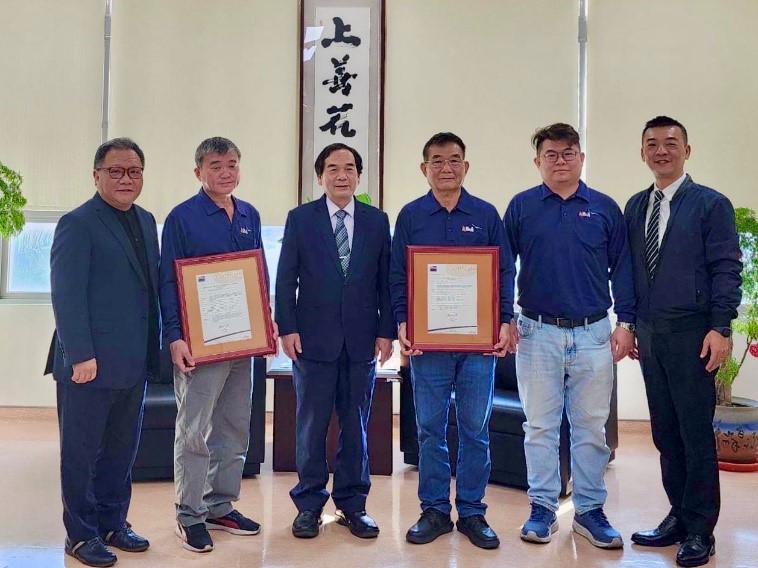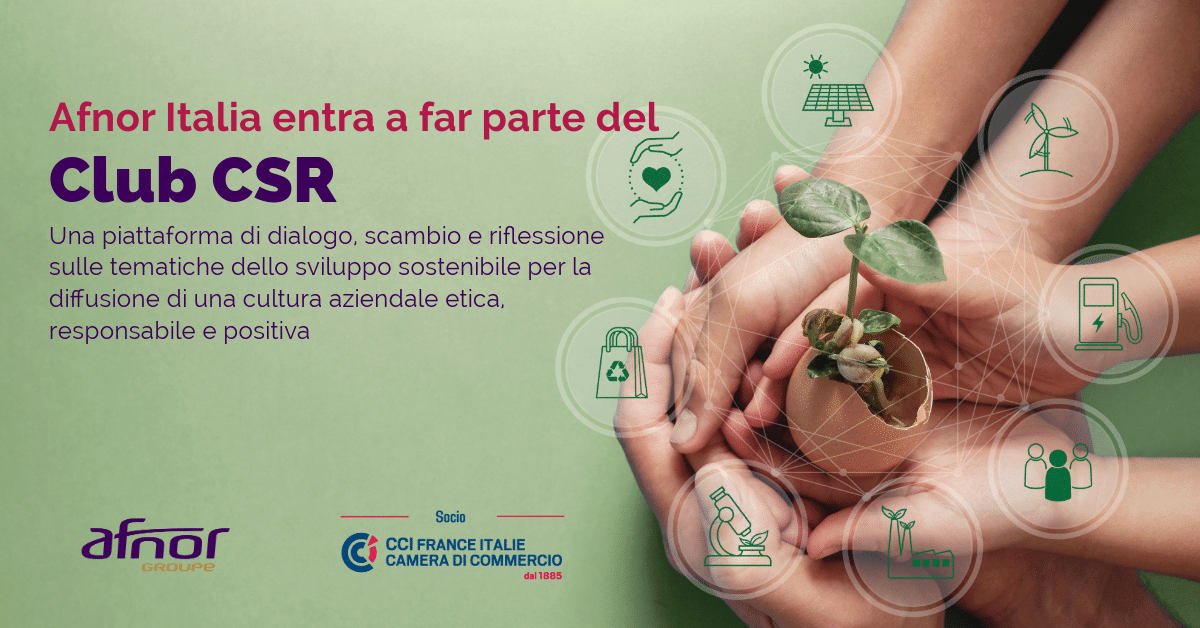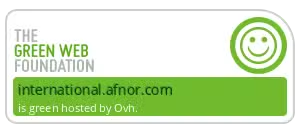With support from the European Union (EU), as part of ENPARD IV*, FAO organized several two-day training sessions for selected operators of HACCP-compliant food businesses in Georgia. The training sessions aimed to share knowledge on food safety, hazards, good manufacturing practices and operational sanitation procedures, which will be implemented in the participants' business activities.

The first training session brought together organizations representing producers of foodstuffs of animal origin, such as raw poultry meat, processed meat and dairy products.
The training modules covered the following topics:
- Food safety risks and preventive measures
- Food-borne diseases and prevention methods
- Good hygiene practices in food handling
- Infrastructure and processing equipment requirements.
In addition to the training courses, the factories of three companies were audited by the international food safety expert to assess their implementation of the HACCP system and make recommendations.

"Improving food safety standards in food production is essential to meet the expectations of the national and international market. Georgian consumers will have a steady stream of better quality food products from sustainable and environmentally friendly agricultural practices, while export opportunities, especially to the European Union, will inevitably arise," said a Programme Officer of the European Union Delegation to Georgia.
*The Food Safety and Sanitary and Phytosanitary Standards Support Programme is jointly implemented by FAO and the Czech Development Agency. It is co-financed by the European Union and Sweden through the European Neighbourhood Programme in Support of the Rural and Agricultural Development of Georgia (ENPARD), which has been implemented since 2013. The programme began by supporting the development of the country's agricultural potential. Subsequently, he also focused on creating economic opportunities for rural people in Georgia. Since 2021, ENPARD IV has also been working to improve food safety in Georgia.
Read more










